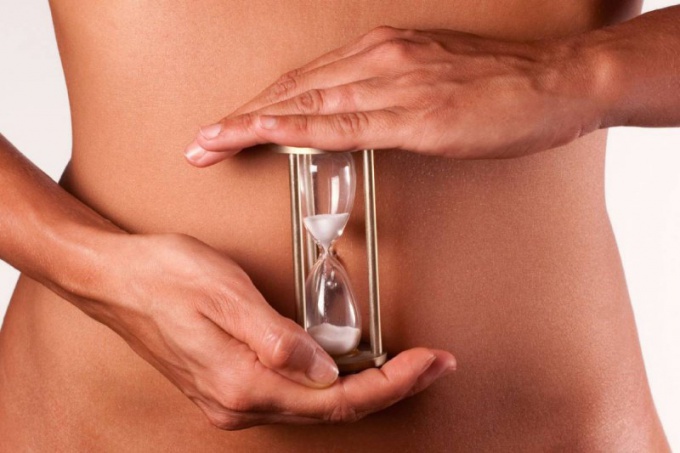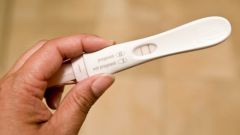What is the menstrual cycle and how long it lasts
The menstrual cycle is a complex physiological process that is characterized by changes in a woman's body and is accompanied by menstruation. It lasts on average from 21 to 35 days is considered from the 1st day of discharge). Menstruation usually begins in girls aged 11-15 years and ends to 55 years (menopause). This period is considered the sexual maturity of the organism and a willingness to conception (the main purpose of the female sex).
Normally when periods are painless and last from 3 to 7 days. But this happens only in the case where there are no health problems. Unfortunately, there are often different complications, irregular cycle, profuse discharge, severe pain, etc. in order to solve these problems, it is necessary to find out their causes.
Why is there no menstruation and what to do with it
Absence of menstruation (amenorrhea) can occur in several cases. This can be a natural process such as menopause (if age is) associated with the cessation of the functioning of the ovaries. As well as pregnancy, in which rejection does not occur, because the cell is fertilized. Well, or the period after childbirth or breast-feeding (not always).
If the second option is excluded (due to the lack of sexual intercourse in the last several months of tests, ultrasound and gynecological examination), and for the first too early, then it is necessary to address urgently to the doctor. Through various surveys and tests to find out the problems and give recommendations for their elimination. In fact, the factors breaking the cycle quite a lot and they all say that the body was not a very good change.
The causes can be external (stress, moving, great exercise, strict diet) and internal (disruption of the ovaries, thyroid disease, hormonal imbalance, viral infection). In any case, in violation of the cycle is to consult a specialist to obtain professional assistance. First you will need to undergo a full examination by a gynecologist, and if everything is good, then will direct to a more narrow specialists (endocrinologist, etc.).
If no diseases were found and everything is normal, maybe just not enough vitamins (vitamin E, folic acid, etc.). Sometimes (very rarely) that it is a feature of this organism, not a pathology requiring any treatment.
Do not delay going to the doctor, hoping that this self-will. Otherwise, then you will strongly regret it. Because many diseases are responding really well to the treatment at an early stage.





